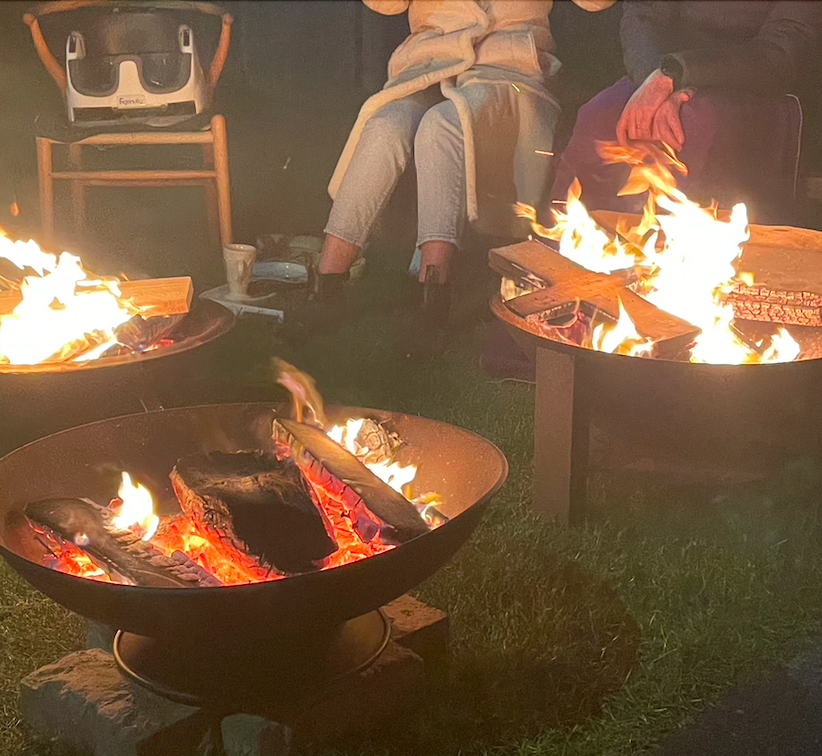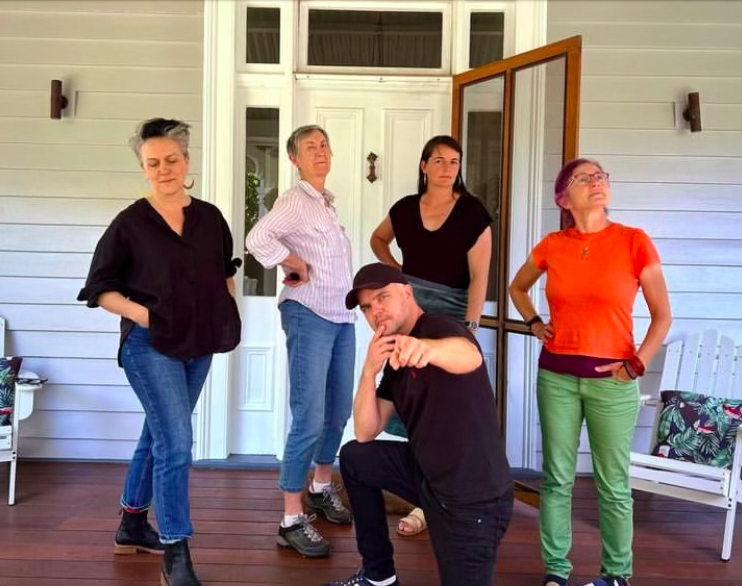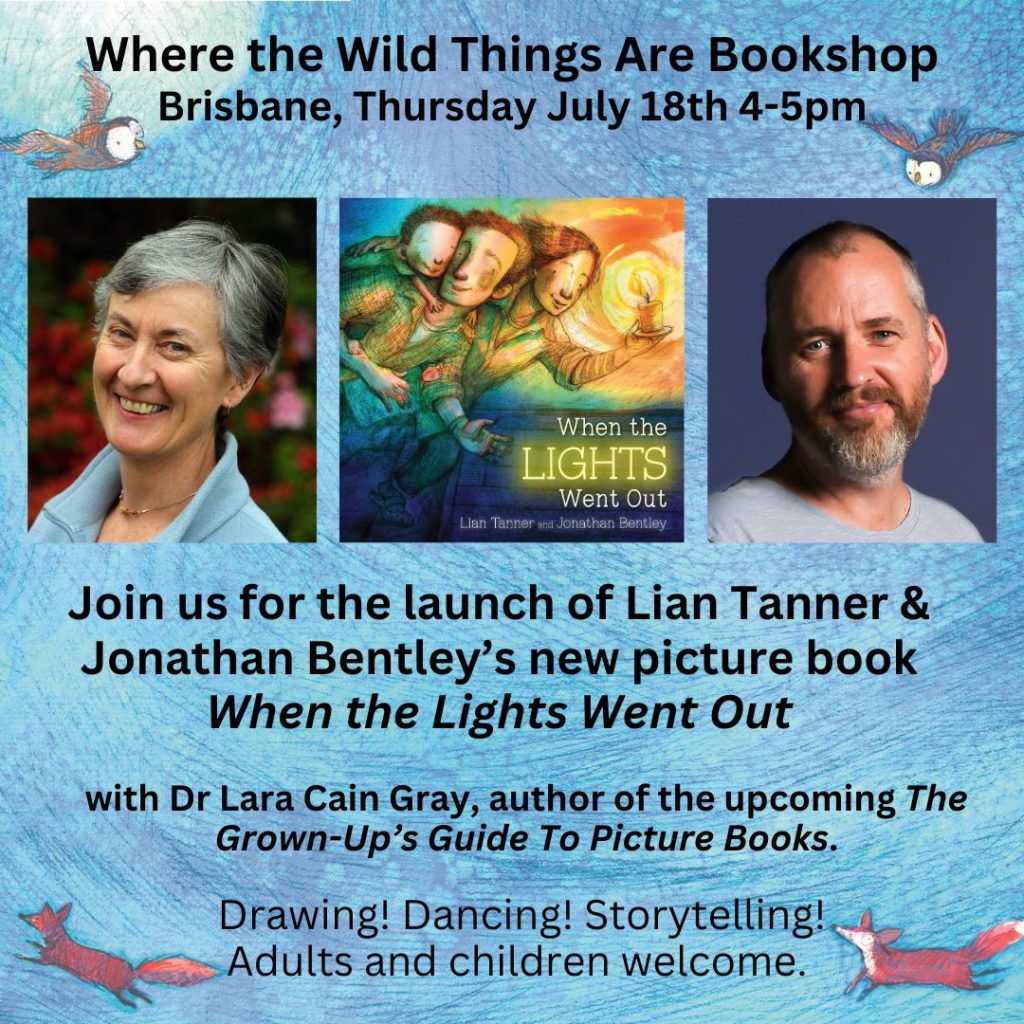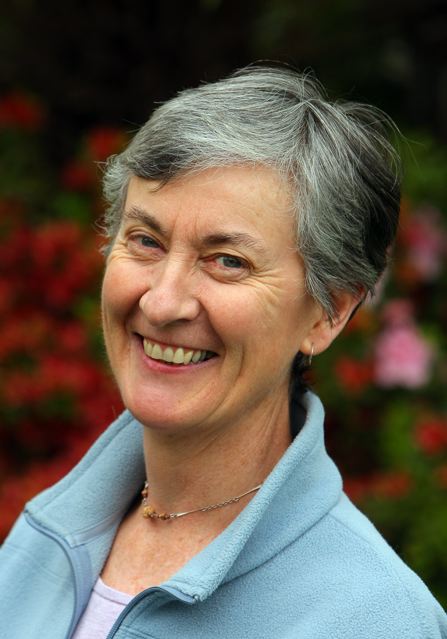Mid-winter Feast
July 7th, 2024
A week ago, the people in my little dead-end street of twelve houses held a mid-winter feast. My neighbour Gina and I had the idea last year, but were too busy to do anything about it. So this year we got up a bit of an organising committee and sent out invitations telling everyone to rug up warmly and bring food, plates, cups and cutlery.
The little kids raced up and down the street with footballs and glow bracelets while we grown-ups sat around the fire pots eating, drinking mulled wine and talking. We had live music for much of the night, and nearly everyone in the street came, plus a few others who used to live here and will always be honorary members.

It was a great night, and it wasn’t until a couple of hours beforehand that I made the connection with my new picture book, When the Lights Went Out. The book is about community, about a street coming together to celebrate and have fun, and I honestly hadn’t seen the connection until someone pointed it out.
People talk a lot about community and how they wish they were part of one. What they don’t always realise is that it doesn’t just happen; it takes work. My favourite way of helping to build community is to give my neighbours excess fruit and veg from my garden. This year for the first time I had too many figs to eat, so I gave them away as well as blood plums and apples. And it turns out that a mid-winter feast is also a great way to strengthen the links between people in our street.
Writing retreat
Speaking of community … in mid-June, my online critique group met in the hills behind Bangalow, NSW, for our second writing retreat. With Deborah Abela, Sarah Armstrong, Zanni Louise and Tristan Bancks, I put in five days of solid work interspersed with great conversations and amazing food. Sarah, Zanni and Tristan live close to each other and write together frequently. But with me in Tassie, it’s a rare treat to actually be able to spend time with them in person, and chat about writing and other stuff.
I went into the retreat wanting to solve a problem that’s been bugging me with my current novel. There’s a point near the beginning of it where I really need the reader to suspend disbelief, and I just couldn’t get it to work. I’d had several people read it, and they all said, ‘Nope.’ So I rewrote it, added a prologue that I thought might help, and laid it hopefully before my crit group.
The verdict? ‘Nope, still not there.’ But the good bit was, over a long conversation in the kitchen, they helped me nut out exactly why it wasn’t working. For the first time, I really got it. And I realised I’d just been tinkering around the edges of the problem without actually making the big changes needed to fix it.
I haven’t rewritten it yet, but I know what I need to do, and that’s a very satisfying outcome.
And yeah, while we were there we restaged our old album cover from 2022.


What am I reading?
For middle-grade (and adults), A Murmuration of Starlings, by Franny Billingsley (US title is The Robber Girl). If I could give this a hundred stars, I would. It’s the story of ten-year-old Starling, who is part of an outlaw gang led by Gentleman Jack. She has a dagger that talks to her, and an Affliction that means she can only speak if someone speaks to her first. She worships Gentleman Jack, and doesn’t want to let him down, but when he’s captured as part of a heist gone wrong, Starling is sent to live with the Judge and his wife.
Gradually she starts to remember things about her previous life, before she joined the gang. The writing is idiosyncratic and intriguing, and the gradual changes in Starling are painfully exquisite. It’s a book for kids who are curious, confident readers, but also for adults looking for a story full of heart.
For adults, I’ve been rereading one of my favourite science fiction trilogies, the wonderful Linesman series by SK Dunstall. ‘The lines. No ship can traverse the void without them. Only linesmen can work with them. But only Ean Lambert hears their song. And everyone thinks he’s crazy…’ Once again, it’s the characters that make this so good, and in this case the characters include the space ships.
I’ve also recently read this wonderful article by Ursula le Guin on Lithub, about how to become a writer. The short version is, you write. Le Guin’s longer version is well worth a read.
Five writers five minutes
On the podcast this last month we did a deep dive into Zanni Louise’s Cora Seen and Heard, discussed what a typical writing day looks like, talked about the unconscious mind as a powerful tool for writers, and did another brainstorm. You can find the episodes here, or wherever you get your podcasts.
Thanks for reading! I’ve got a book launch coming up in Brisbane in a couple of weeks, so if you’re nearby, I’d love to see you there!





